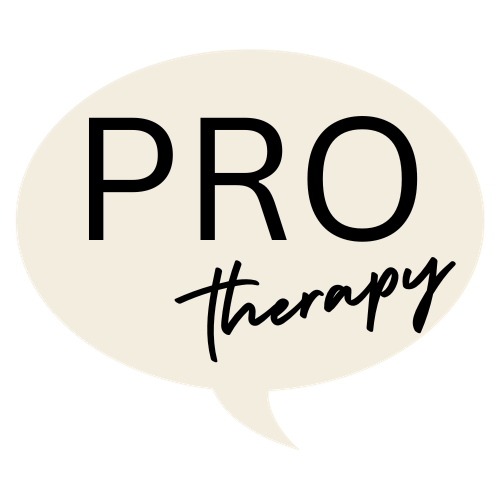
in Livonia, Michigan
A Center for Clarity and Well Being
Therapy that is designed to support lasting change
Our treatment approaches are evidence-based and focused on whole-person wellness.
The Process
-
Contact us to set up a free 15 minute phone consultation. During the consultation, the therapist will ask you a to tell them a bit about what you’re going through, introduce themselves, tell you about the process, and answer any questions that you have. During the consultation you can schedule your first appointment. Then, you will receive a welcome email and an invitation to join the online portal where you will complete the new client paperwork before the first appointment.
-
The beginning of treatment is focused on getting to know you, building trust, and providing you with support. The client and therapist develop a thorough understanding of the clients problems and strengths. Then, they collaboratively create goals. The therapist will provide you with feedback, tools, exercises, and homework along the way - all tailored to you. Ongoing open communication and a mutual commitment to the work will lay the foundation for the achievement of the desired outcomes.
-
By taking time to take care of yourself, receiving support, processing feelings, making sense of what’s happening, practicing skills, and implementing change, you may gain an even deeper understanding of yourself, free yourself from what’s weighing you down, find more balance, and pursue peace.

Therapy can help you to organize what’s going on in your head, direct what’s going on in your life, & experience more calm and confidence.
Our Areas of Focus
*
Our Areas of Focus *
Adult ADHD
Anxiety
Career Challenges & Burnout
Couples Therapy & Non-Religious Premarital Counseling
Depression
Grief
Health Concerns & Chronic Health
Obsessive Compulsive Disorder
Panic Attacks
Stress Management
Let’s get started.
Do you have questions? Are you interested in working together?
Fill out some info and we will contact you shortly!

